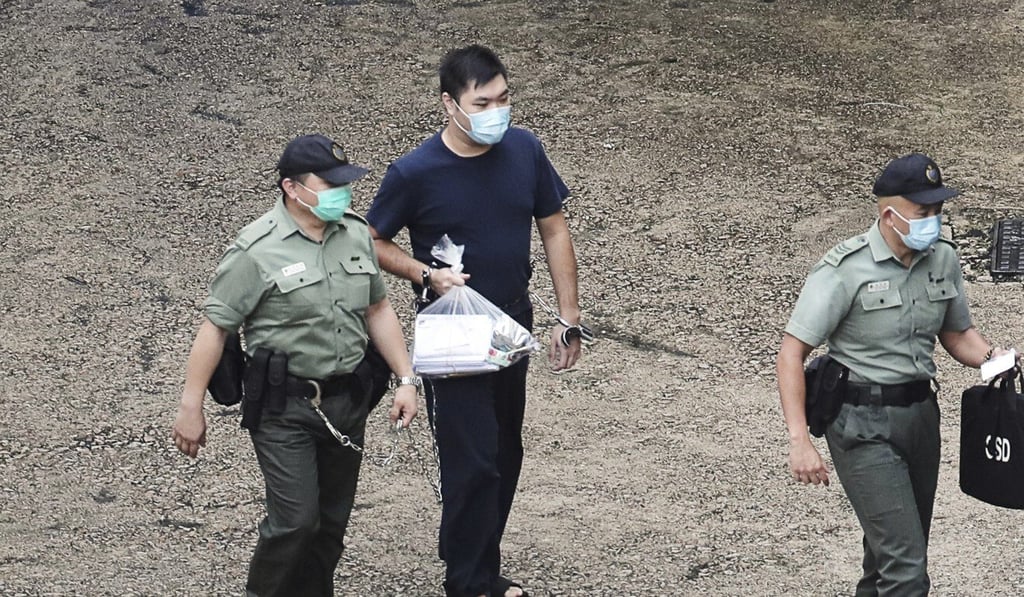Advertisement
First person charged under Hong Kong’s national security law loses bid for a jury trial
- Tong Ying-kit, accused of driving his motorcycle into a group of police officers, will have his case heard by three judges hand-picked by city leader Carrie Lam
- High Court judge Alex Lee rules the provision for trial by jury contained in the Basic Law overridden by national security law
Reading Time:3 minutes
Why you can trust SCMP

The trial of the first person charged under Hong Kong’s national security law will be heard without a jury after a court found that judgment by one’s peers was not a constitutional right.
High Court judge Alex Lee Wan-tang ruled on Thursday the provision for trial by jury contained in the Basic Law mini-constitution was overridden by the security law that allowed for cases to be heard only before judges.
Lee also found that Secretary for Justice Teresa Cheng Yeuk-wah had no obligation to consult or inform defendant Tong Ying-kit of her decision to exclude a jury.
Advertisement
Under the city’s common law tradition, criminal trials at the High Court are heard before a judge and a jury.

Advertisement
Tong, 24, faces up to life in jail on charges of terrorism and incitement to commit secession after he allegedly rode a motorcycle into a group of police officers while calling for the city’s liberation last year.
Advertisement
Select Voice
Choose your listening speed
Get through articles 2x faster
1.25x
250 WPM
Slow
Average
Fast
1.25x